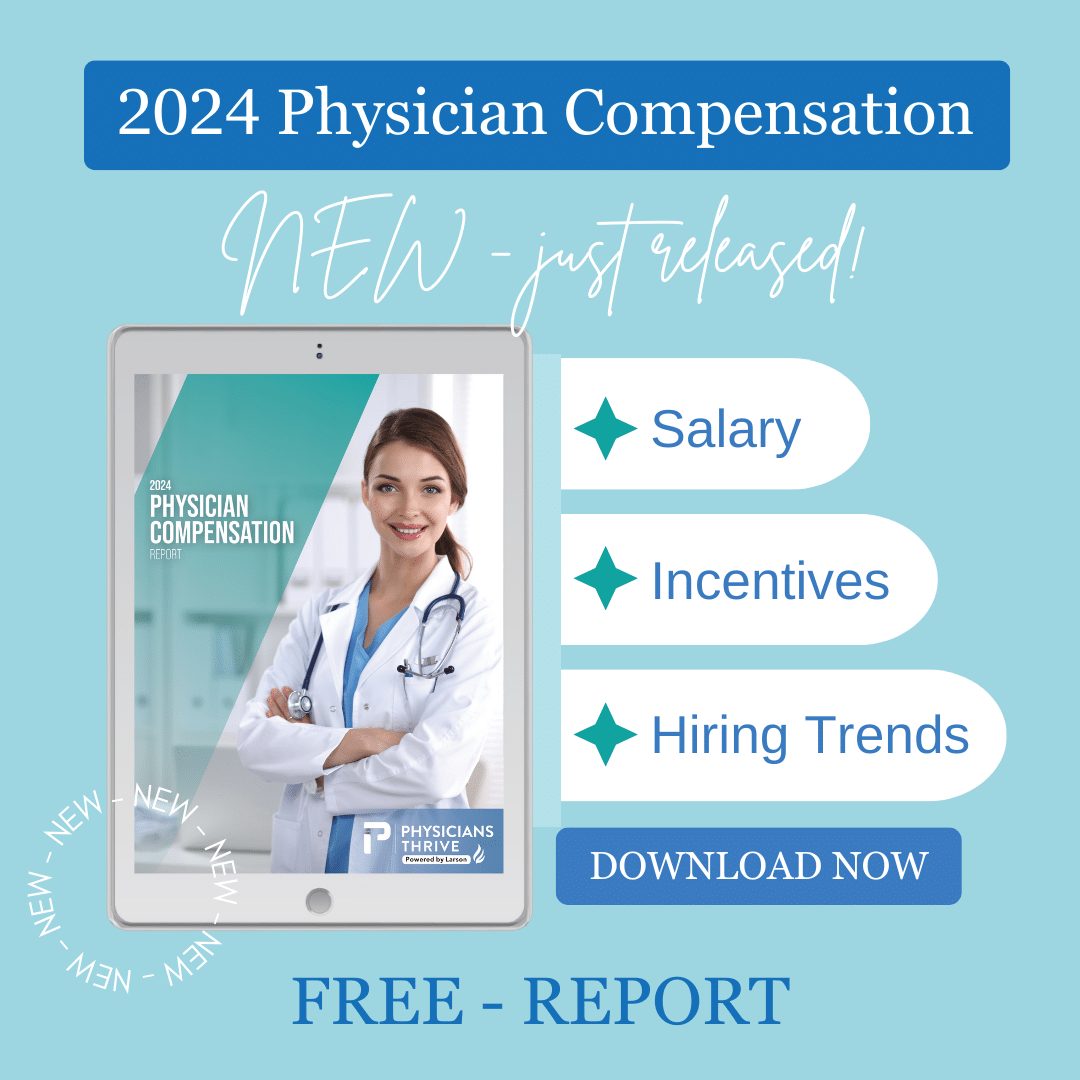Non-clinical physician jobs offer several opportunities, allowing doctors to use their medical experiences in unconventional yet equally rewarding ways.
Think of jobs like consulting, lecturing, and medical writing. These roles are outside clinical medicine but require such expertise.
In this article, we will review several opportunities like this as well as steps on how you can find some of the best ones.
Table of Contents
Overview of the Jobs
| Job Title | What It Involves |
| Medical Writing | Writing and editing scientific and medical content. |
| Medical Consulting | Providing expert healthcare advice to organizations. |
| Medical Education | Developing curricula and training future healthcare professionals. |
| Pharmaceutical Industry | Working in drug safety, research, or as a liaison in the pharmaceutical sector. |
| Healthcare Administration | Managing healthcare facilities and implementing policies. |
| Public Health | Promoting community health and policy development. |
| Clinical Informatics | Managing healthcare data for better patient care. |
| Medical Technology | Developing or selling medical devices and technologies. |
| Medical Journalism | Reporting health-related news and writing health articles. |
| Medical Translators and Interpreters | Translating healthcare information for patients and professionals. |
Non Clinical Physician Job Opportunities
Having a medical degree opens up several career opportunities beyond traditional clinical roles. Here are some of the best options for you:
Medical Writing
Are you good with words? Medical writers create content for various purposes, such as scientific papers, research reports, regulatory documents, medical education materials, and healthcare marketing materials.
| Pay | Job Description |
| ~$99,291 per year |
|
Medical Consulting
Consultants with a medical background can provide expert advice on medical and healthcare-related matters to healthcare organizations, pharmaceutical companies, insurance companies, or legal firms.
| Pay | Job Description |
| ~$150,000 per year |
|
Medical Education
Medical educators work in academic institutions, developing and delivering medical curricula, conducting research, and training future medical professionals.
| Pay | Job Description |
| ~$100,000 per year |
|
Pharmaceutical Industry
Medical professionals can work in the pharmaceutical industry in roles such as medical affairs, drug safety, medical science liaison, or clinical research.
| Pay | Job Description |
| ~$130,000 per year |
|
Healthcare Administration
Medical degree holders can take up administrative roles in hospitals, healthcare facilities, or health systems, overseeing operations, managing budgets, and implementing policies.
| Pay | Job Description |
| ~$120,000 per year |
|
Public Health
Working in public health involves promoting community health and wellness, disease prevention, health policy development, and epidemiological research.
| Pay | Job Description |
| ~$70,000 per year |
|
Clinical Informatics
Clinical informaticians focus on managing and analyzing healthcare data to improve patient outcomes and optimize healthcare processes.
| Pay | Job Description |
| ~$100,000 per year |
|
Medical Technology
Professionals with a medical background can work in the development, sales, or marketing of medical devices and healthcare technologies.
| Pay | Job Description |
| $70,000 per year |
|
Medical Journalism
If you love media, Medical Journalists cover health-related news, write health articles, and report on medical research for various media outlets.
| Pay | Job Description |
| ~$100,000 per year |
|
Medical Translators and Interpreters
Being fluent in multiple languages, medical professionals can work as translators or interpreters in healthcare settings or for medical publications.
| Pay | Job Description |
| ~$80,000 per year |
|
Wondering about the Future of Healthcare? Read this: Experts Weigh in on the Future of Healthcare in the Next 30 Years
Finding Non-Clinical Physician Jobs
Finding a job outside of a clinical setting requires proactive effort and networking. Here are some steps you can take to find the best jobs:
Self-Assessment
Identify your interests, skills, and strengths beyond clinical practice. Consider what aspects of medicine or healthcare you enjoy the most and what other areas you would like to explore.
You can do this using tools such as Gallup’s CliftonStrengths or meeting with a trusted friend to gain valuable insight into what makes you stand out from other doctors.
Research Non-Clinical Roles
Learn about the different non-clinical career paths available to medical professionals. Look into industries like medical writing, research, healthcare administration, medical education, pharmaceuticals, health policy, medical technology, and more.
Update Your Resume and LinkedIn Profile
Tailor your resume and LinkedIn profile to highlight relevant skills and experiences that align with non-clinical roles. Emphasize transferable skills, such as communication, research, leadership, and project management.
Network
In any profession, it’s often who you know that will open doors, and the medical community is no different in that respect.
Connect with professionals in non-clinical jobs through conferences, workshops, online forums, and social media platforms. Attend events that cater to your areas of interest and connect with individuals working in those fields.
Apply to Fellowships and Internships
Some organizations offer fellowships or internships for doctors interested in exploring non-clinical roles. These opportunities can provide valuable experience and connections.
Volunteer or Work Part-Time
Consider volunteering or working part-time in non-clinical settings to gain exposure to different roles and industries. This can also help build your network and demonstrate your commitment to the field.
Stay Open-Minded
Be open to different possibilities and be willing to take on new challenges. Non-clinical roles can be diverse and may require creativity in applying your medical expertise.
Final Thoughts
Non-clinical physician jobs offer rewarding opportunities for doctors looking for alternative career paths. They allow physicians to leverage their medical expertise in innovative and impactful ways while earning good pay for their time.
From medical writing to healthcare administration, medical technology, and beyond, the possibilities are vast and diverse.
We’ll be your trusted guide as you venture into uncharted territories within the healthcare industry. If you need further guidance on finding a good fit for a non-clinical physician job, please contact us—we can help!







































